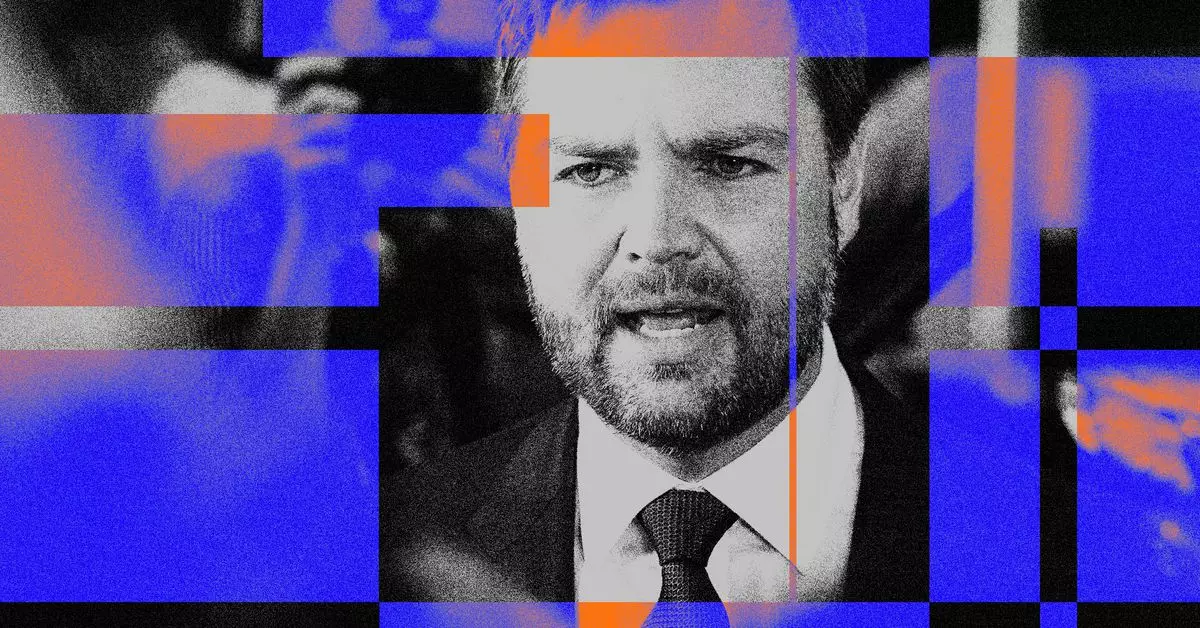In recent weeks, Meta has made headlines for its aggressive measures to restrict the dissemination of a controversial dossier related to JD Vance, linked to an alleged Iranian hacking incident targeting the Trump campaign. The significance of this action cannot be understated, as it raises critical questions about the intersection of social media, free speech, and the influence of foreign governments on U.S. elections. By removing links to Ken Klippenstein’s newsletter and various hosted PDF documents, Meta has positioned itself at the center of a media storm, showcasing the fine line it walks between governance and censorship.
According to a statement from Meta spokesperson Dave Arnold, the company’s decision is rooted in its commitment to not allow content derived from hacked sources. This aligns with their Community Standards that aim to protect users from misinformation and influence operations. Meta’s rigorous stance reflects a broader concern about the rising threats posed by foreign entities attempting to intervene in domestic political matters. However, this raises significant questions about the extent to which a platform can regulate information, particularly when it involves politically charged content.
From a user standpoint, the implications of such censorship are multifaceted. Individuals attempting to share or access this dossier have reported the removal of their posts, suggesting an aggressive monitoring tactic employed by the platform. This begs the question: should a corporation hold the power to dictate what information is accessible to the public? While the intention behind these policies may be rooted in protecting the integrity of elections, they simultaneously pose risks to free expression and open discourse. As users resort to workaround methods—altering links, embedding QR codes, or even redirecting to search engines—the cat-and-mouse game of censorship becomes evident.
The Role of Competing Platforms
Interestingly, this trend is not exclusive to Meta. Competing platforms, such as X (formerly Twitter), have also begun blocking links to the same story, indicating a broader trend in social media governance. The implications of this unified effort by multiple platforms to restrict access to information are profound. It raises a pertinent question: Are social media companies colluding to suppress certain narratives, or are they merely adhering to their policies to avoid potential backlash? This illustrates a complex landscape where platforms must navigate their responsibilities while also adhering to user expectations for transparency and freedom of information.
As discussions around Meta’s censorship continue to escalate, it’s crucial for all stakeholders—including users, legislators, and the companies themselves—to engage in meaningful discourse about the ethical implications of regulating online speech. Striking a balance between preventing disinformation and upholding free speech is essential; the challenge lies in ensuring that policies are fair, transparent, and adaptable to the ever-evolving digital landscape. Whether Meta’s approach will foster a more secure information environment or spark further debate about censorship still remains to be seen, but one thing is clear: the conversation surrounding the role of tech giants in shaping our narratives is far from over.

